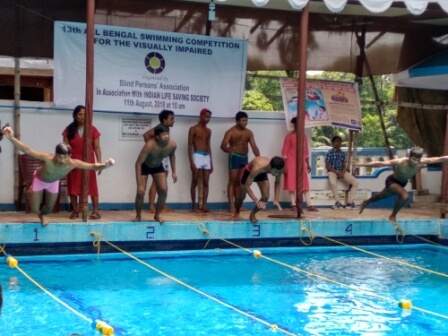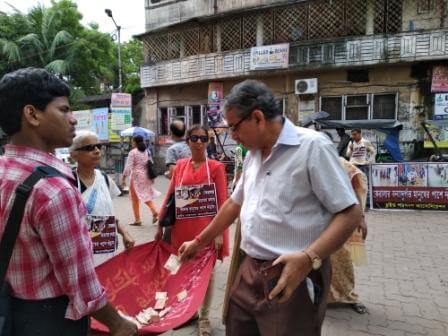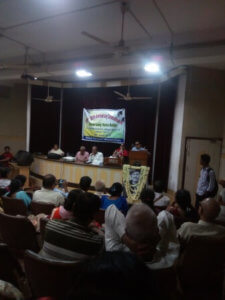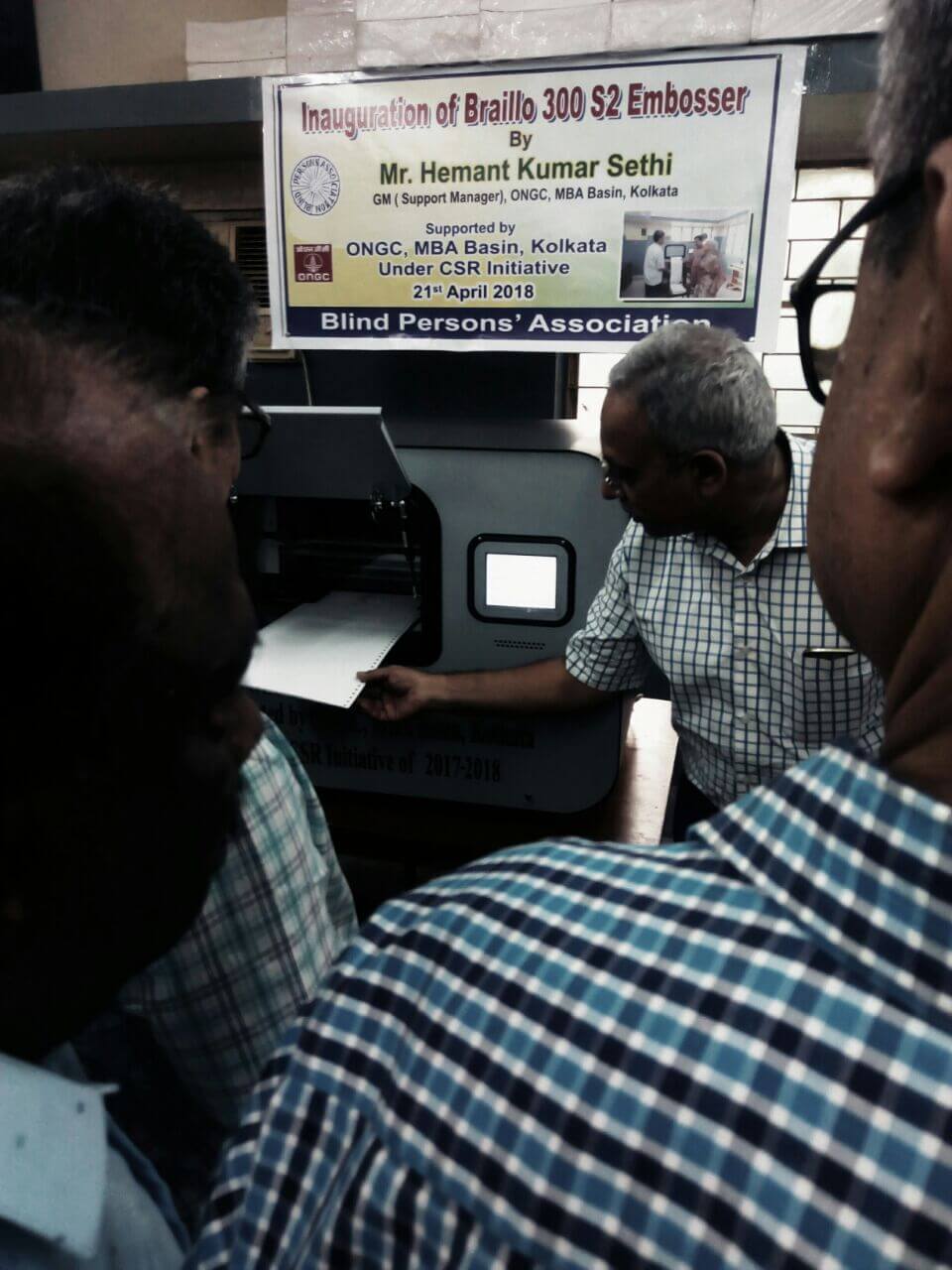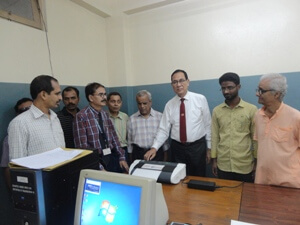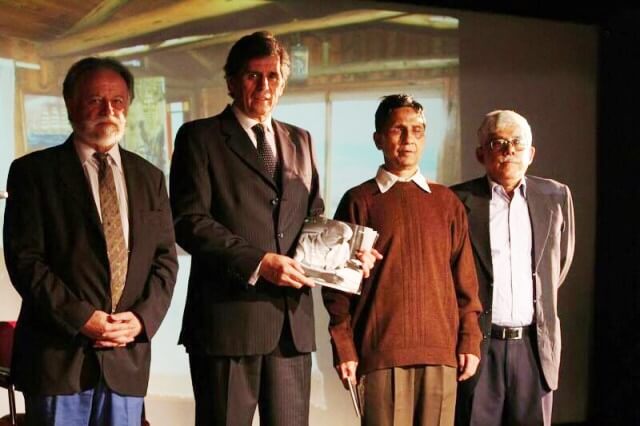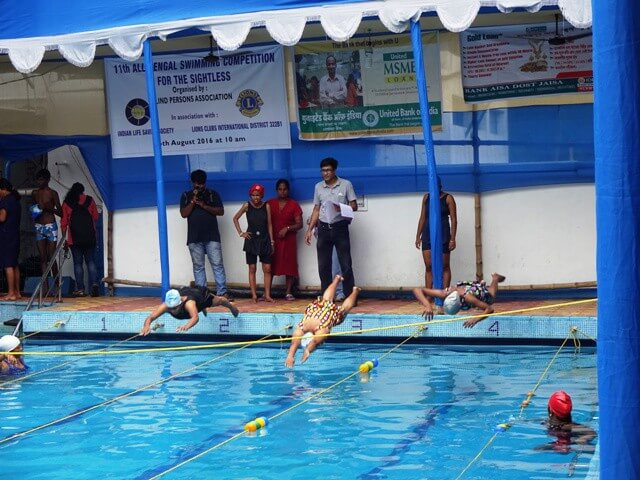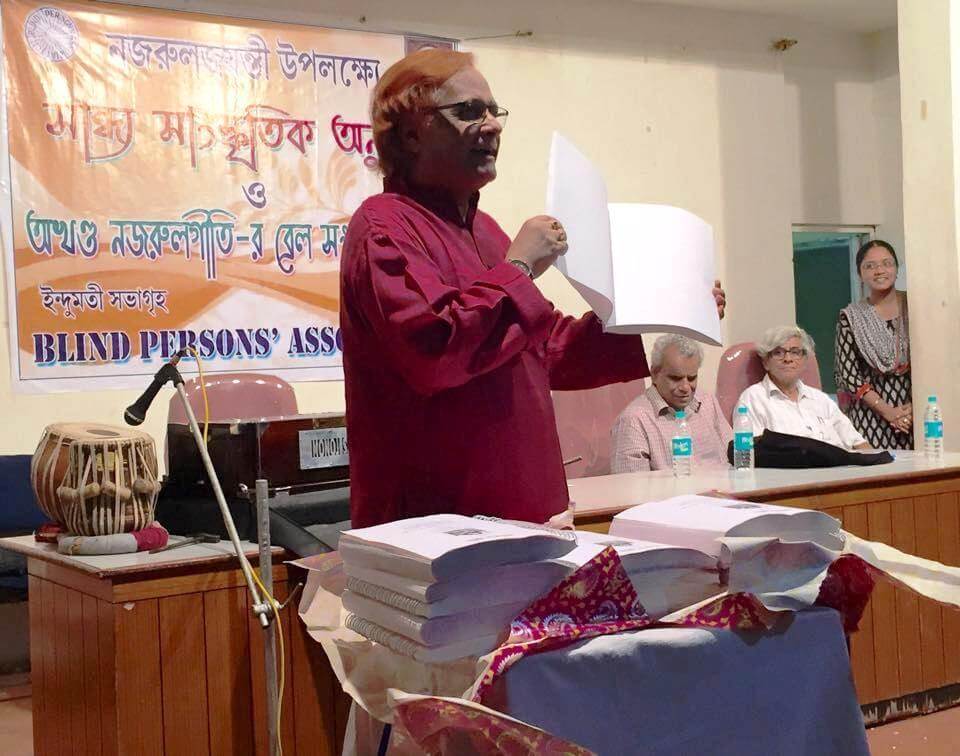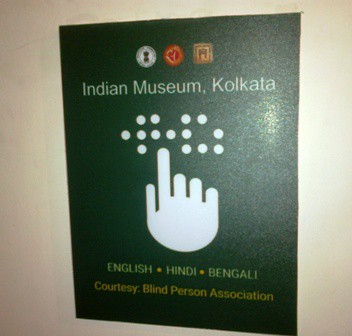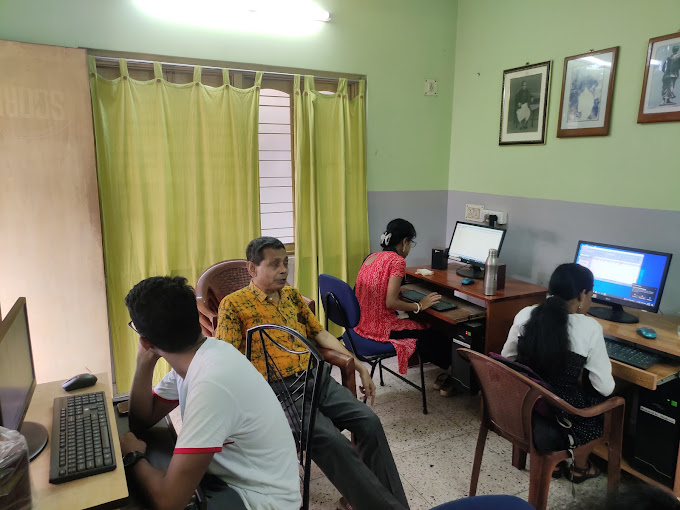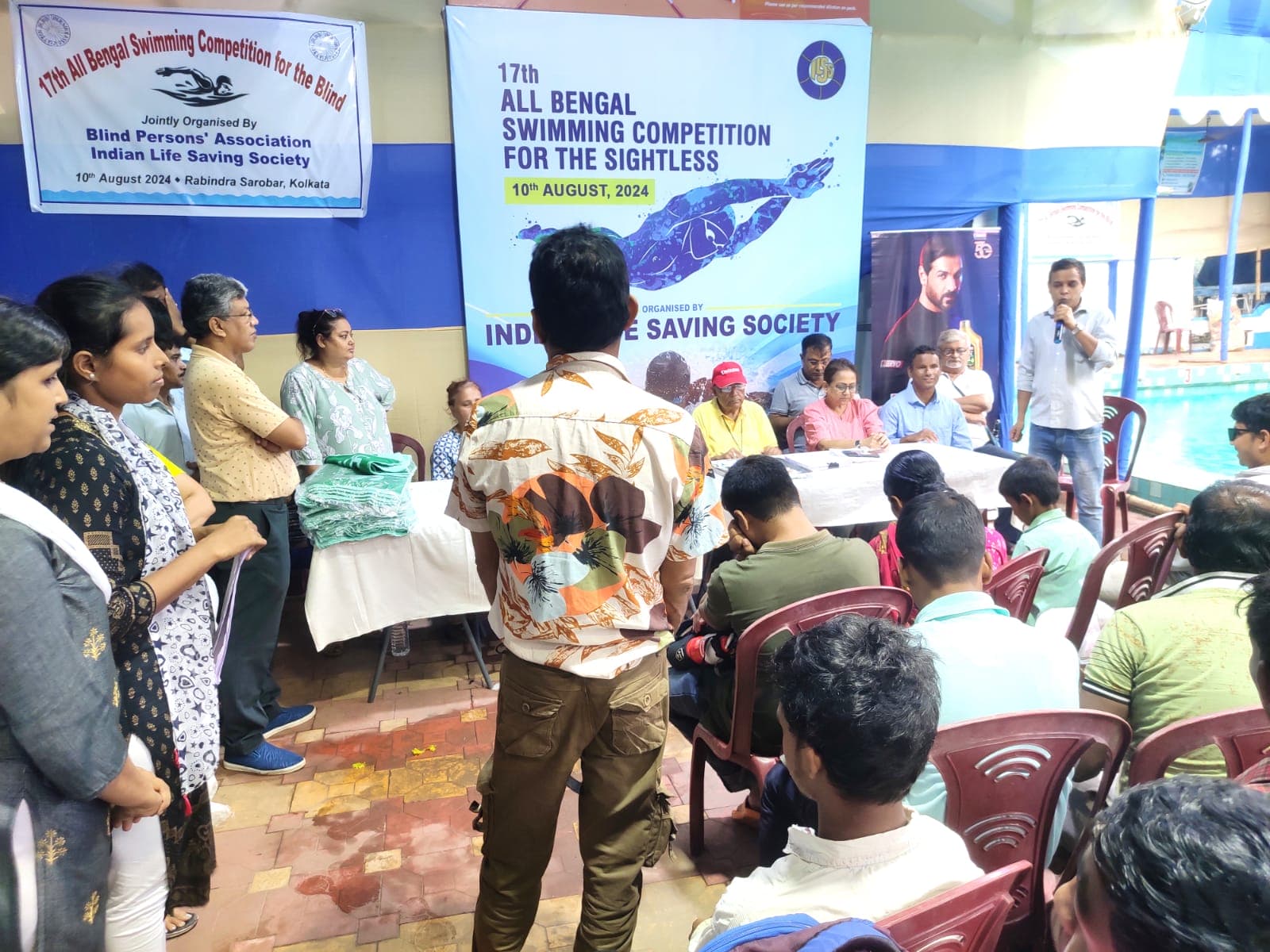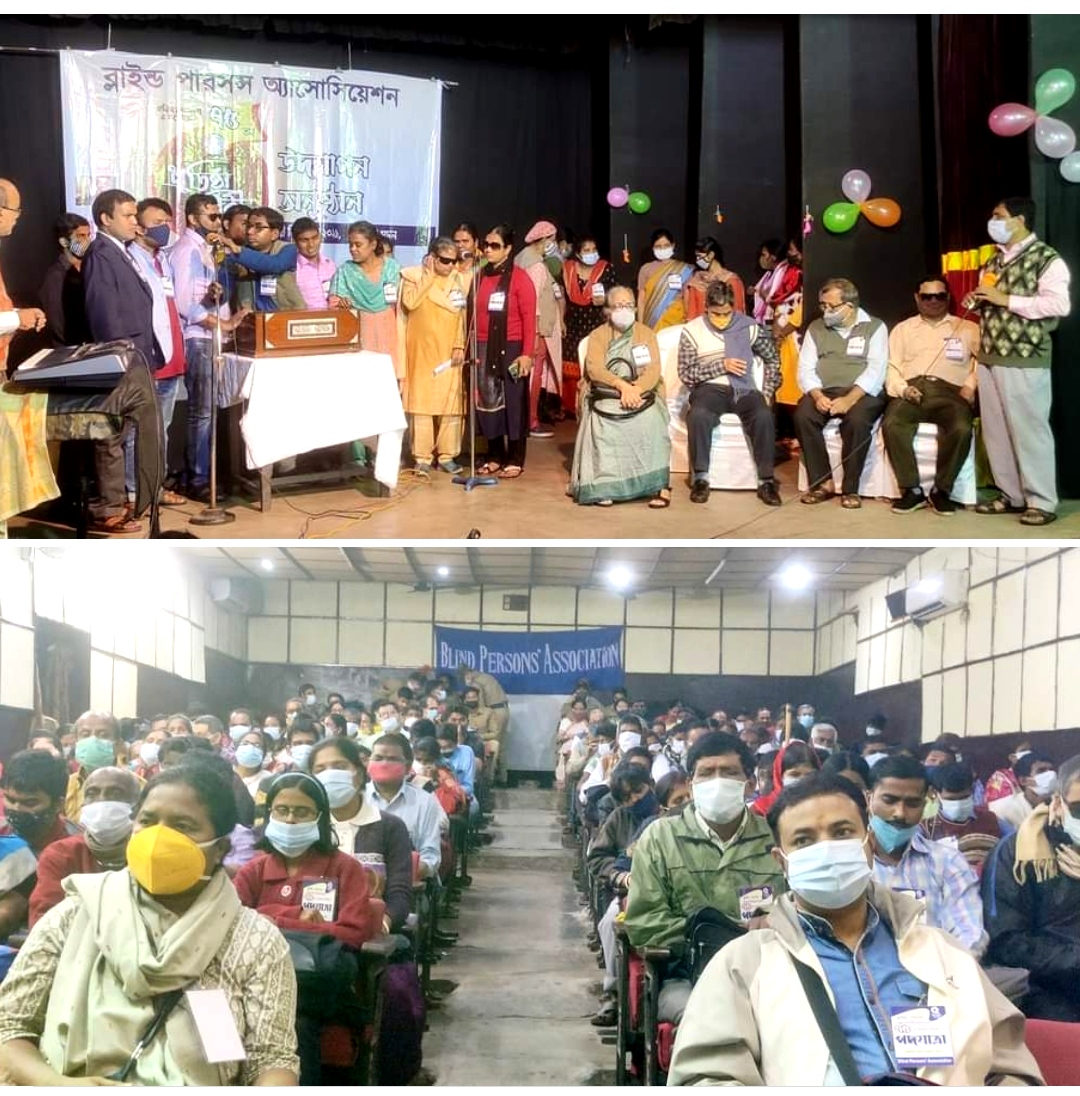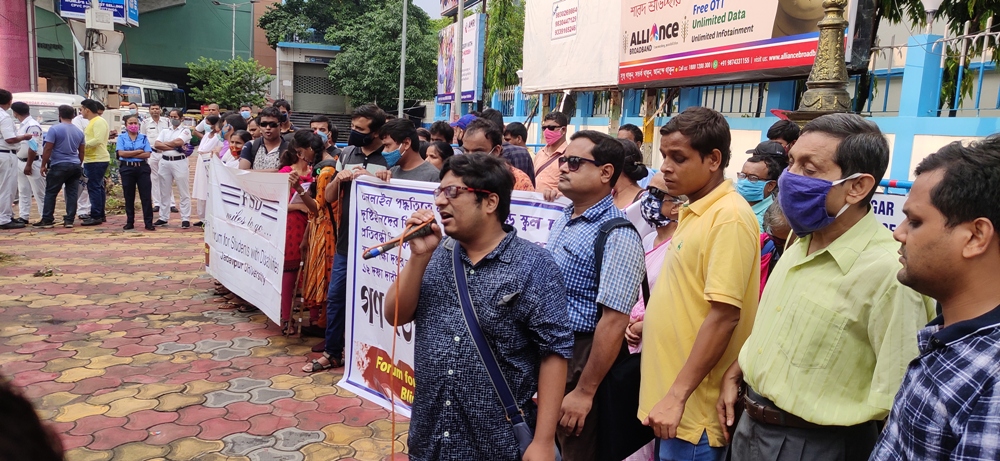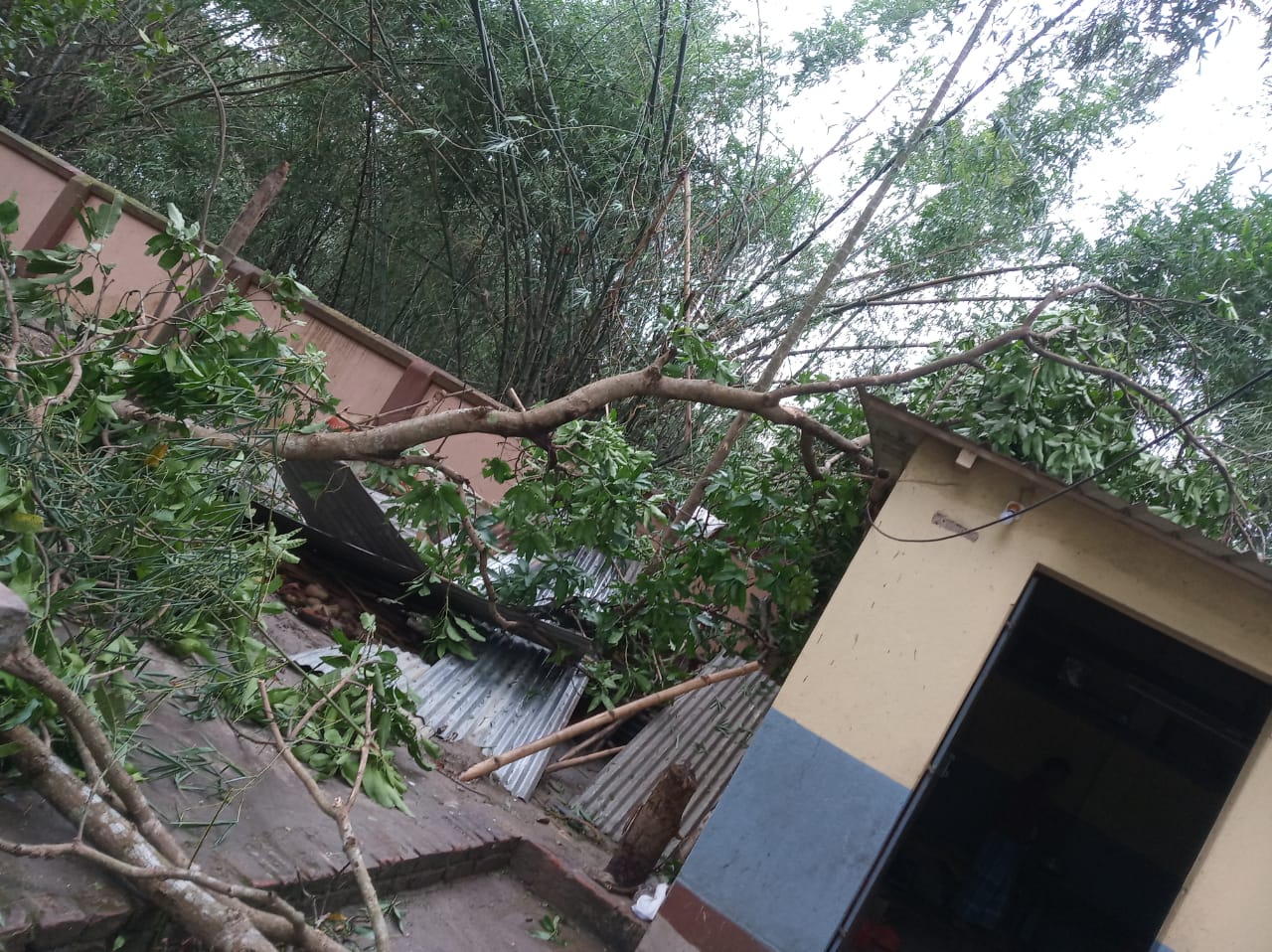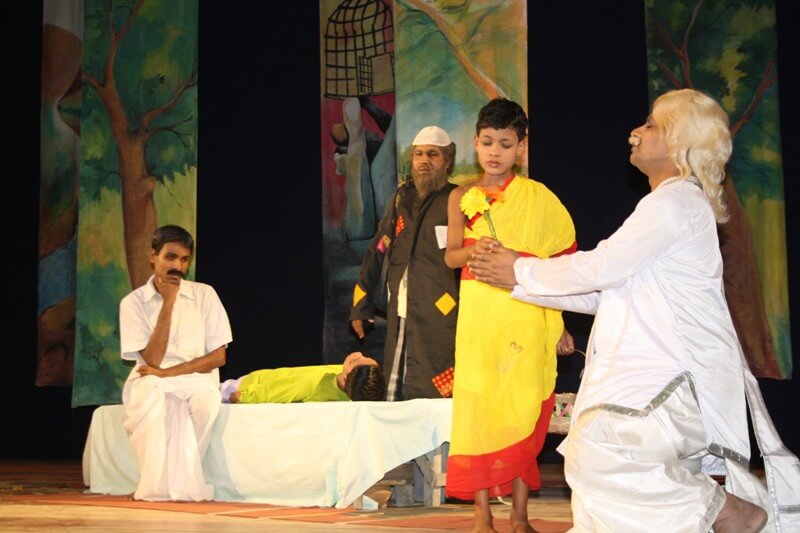Blind Persons’ Association observed the bicentennial birthday of Ishwar Chandra Vidyasagar (September 26, 1820 – July 29, 1891) at the office premises of the organization today in Kolkata. The entire nation has paid tribute to this great educationist and social reformer. Members and well-wishers today remembered the unique contribution of Vidyasagar to the renaissance in Bengal. Just at the tender age of nine he came to the then Calcutta from his rural home at Birsingha. He walked all the way from his village and it became a mythical journey. He learned English from the milestones he saw on his way to Calcutta. There are other stories which we can hardly believe. Another legendary event is still debated – did he really swam across the river Damodar in the face of severe flood and storm?
Vidyasagar’s life is in itself a message to the nation. He was the pioneer in women’s education. He established fifty schools for girls most of which he had to manage from his own savings. He hardly tried his hands in literature. But the little he wrote, mainly in the form of translation from other languages, set a standard for Bengali prose. He was criticized as a primer writer. We must remember that he was an ideal teacher. He felt the necessity for good Bengali primers for children and wrote Books I and II of Barna Parichay. Bengali children starting from Rabindranath Tagore have learned the Bengali alphabet from Vidyasagar.
Vidyasagar’s greatest achievement, and of course, the most difficult one, was the enactment of Hindu Widow Remarriage act in 1856. He spent a lot on it, faced all kinds of hostility from the society and even risked his life for it.
Vidyasagar is an example to an organization like Blind Persons’ Association. Our mission is to enlighten blindness with the light of education.
Interested readers may listen to a Shrutikalpa editorial on Vidyasagar, the Pioneer of Modern Education in audio.
